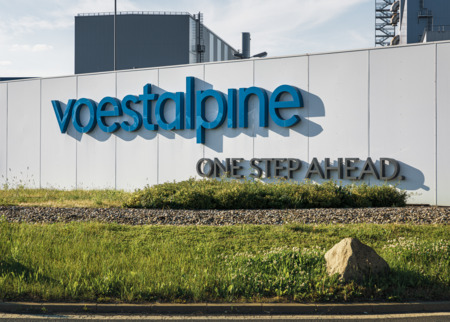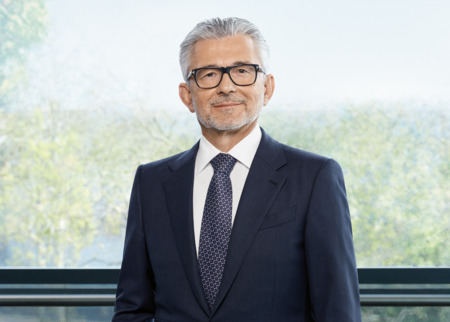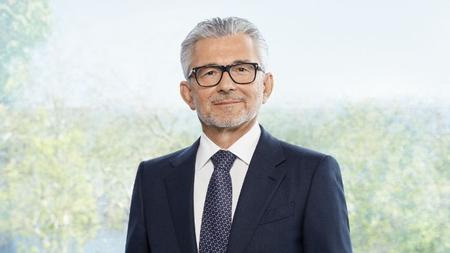voestalpine joins almost 80 European industrial companies in calling for the extension of free CO2 allowances
Press Kit zip | 8.15 MBOn October 23, the European Council in Brussels will set the deciding course for European and Austrian industry. If free CO₂ allowances for industrial companies are not extended as currently planned, Europe could face severe economic and environmental disadvantages. In a cross-border alliance with almost 80 industrial companies, the steel and technology group voestalpine is therefore making an urgent appeal to European politicians today to extend the deadline for free CO2 allowances. voestalpine alone, which currently pays around EUR 200 million annually for CO₂ allowances into the budget of the Republic of Austria, would have to spend an additional EUR 1 – 2 billion between now and the end of 2030 to meet the increasing need for allowances. The consequences would be a massive loss of competitiveness and jobs, as well as a setback for the greentec steel transformation project.


